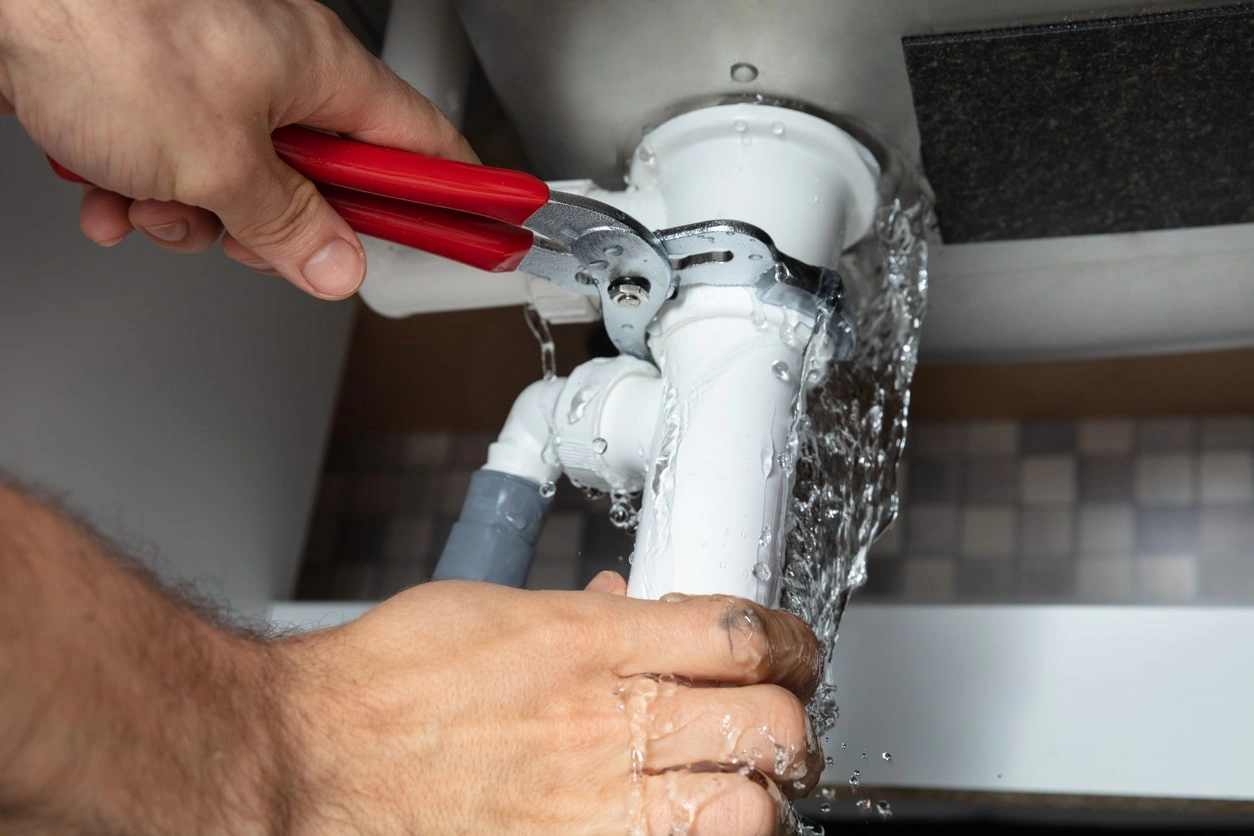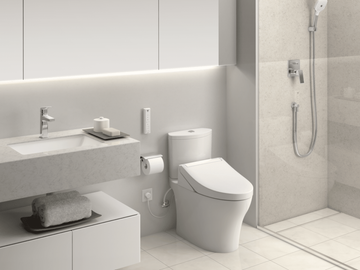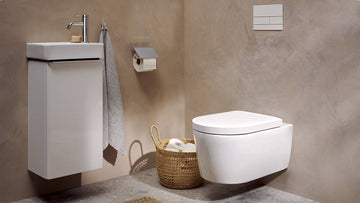In today's fast-paced world, preserving resources and minimizing waste is crucial. One area that's gaining attention, especially among industry quality assurance professionals, is the use of innovative solutions such as the water leak detection system. These systems are designed to identify the presence of water leaks in both residential and commercial spaces, providing a prompt alert to mitigate potential damage and water wastage.
The water leak detection system is becoming an indispensable tool for those tasked with maintaining safety and efficiency within their infrastructures. By detecting leaks early, these systems can prevent significant structural damage, conserve water, and save money in the long run. For more insights, check out this detailed guide on smart water leak detectors.

How Do Water Leak Detection Systems Work?
The basic working principle of a water leak detection system revolves around sensors that are strategically placed in areas prone to leaks. These sensors detect the presence of water and send a notification to a control panel or directly to a user's smartphone via a connected app. The sophistication of these systems can vary, from simple devices that trigger an alarm to advanced models that can shut off the water supply automatically.
For businesses and homeowners alike, understanding the mechanism behind these systems is vital for assessing which type of system best suits their needs. Further exploration into different models, like wireless water leak detectors, can provide a comprehensive view of what's available in the market.
Importance of Water Leak Detection Systems in Industry QA
Within the realm of industry quality assurance, the role of a water leak detection system extends beyond just water conservation. It is integral to maintaining the structural integrity of facilities and ensuring compliance with safety regulations. By promptly identifying leaks, these systems help QA professionals in predictive maintenance, improving operational efficiency, and reducing downtime.
Moreover, the data collected by these systems can be invaluable for performing thorough analyses of water usage patterns. This data-driven approach allows for enhanced decision-making that aligns with sustainable practices, ultimately contributing to a companys environmental goals. For a long view on how leak detectors can protect facilities, see this resource.
Types of Water Leak Detection Systems
There are various types of water leak detection systems available in the market, each catering to different needs. The common categories include:
- Active Leak Detection Systems: These systems are designed to take immediate action when a leak is detected. They often involve a shut-off feature that stops the water supply automatically.
- Passive Leak Detection Systems: Passive systems, on the other hand, only alert the user to the presence of a leak without taking any automatic remedial action.
- Whole-House Systems: As the name suggests, these systems are designed to monitor all water lines throughout a building.
- Point Detection Systems: These are designed to monitor leaks in a specific area or for a particular appliance.
A full overview of the best options available can be found in articles like this one.
Implementing a Water Leak Detection System
The implementation of a water leak detection system requires careful planning and consideration of several factors, including the size of the facility, the complexity of the plumbing system, and cost constraints. Installation can range from a simple DIY job to more complex systems requiring professional setup.
To achieve effective monitoring and prevention of leaks, it's vital that the installation process considers the particular vulnerabilities within the infrastructure. For more detailed implementation tactics, visit this blog.
Professional installation is recommended for more elaborate systems or environments with complex plumbing configurations. It ensures optimal placement of sensors and integration with other building management systems. Read more about strategies for installation here.

FAQs
What are the benefits of using a water leak detection system?
Water leak detection systems offer numerous advantages, including the prevention of costly water damage, improved water conservation, and the provision of data for better facility management.
How does a water leak detection system notify users of a leak?
These systems typically alert users through various means such as audible alarms, smartphone notifications, or visual indicators on a control panel.
Are water leak detection systems easy to install?
Installation ease varies by system type. Simple systems might be installed without professional help, whereas complex setups may require professional installation to ensure optimal performance.






